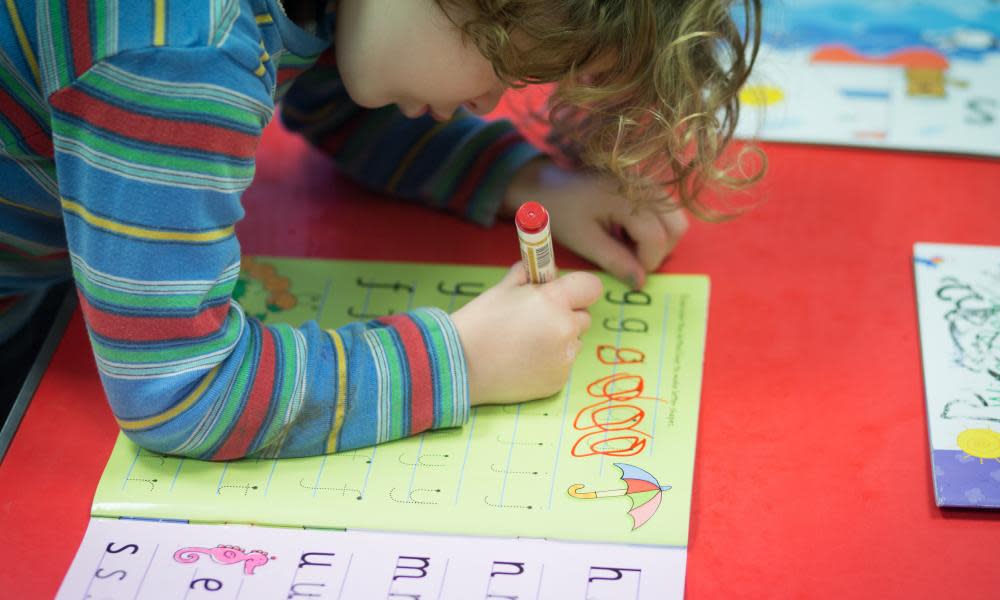How to bring out the genius in your child

What support do children need from teachers and parents to develop the cognitive skills, values, attitudes and attributes needed for lifetime success? Here are some ideas from Great Minds and How to Grow Them, based on Prof Deborah Eyre’s approach, to help your child become a high performer.
Think right
• If children get stuck at something, don’t sort it out. Ask “How could you do this?” “Have you done anything similar before?” “What did you do then?” This helps them develop their own learning ideas and makes them much less likely to say they can’t do things.
• Build big picture thinking. Ask “What would happen if … it never got dark/the rivers ran dry/ everyone ignored the law?” A key characteristic of students labelled as gifted is their ability to see how learning connects to the wider world.
• Build imagination. Ask “How would you weigh a giraffe/rhinoceros/bridge/house/star?” Creativity builds learning capability and is vital for high performance.
• Develop critical or logical thinking. Ask ‘Why do you think … bread goes mouldy if you don’t freeze it/babies cry/ leaves fall when autumn comes?” The ability to deduct, hypothesise, reason and seek evidence is probably the characteristic most associated with academic success.
• Help them monitor their own progress. Ask: “What do you need to be able to do this? How can you check you’re on track? How can you tell whether you are doing it right?” This one is the key to maximising thinking skills.
Behave right
• Intellectual confidence. This is a “can do” approach to learning, even when it’s hard. If a child says they are no good at something, say: “I know you can. I know it’s hard to do now but I know you can learn how to do this in time if you work at it.”
• Open mindedness. Being open to new ideas is the hallmark of an advanced learner. Start with being open minded yourself so you model what it’s like to be receptive to ideas that differ from your own.
• Curiosity. Children ask lots of questions if you answer them, though the number falls dramatically once they get to school and only the class teacher is there to answer. The desire to know more – curiosity – is at the heart of all learning. High performance is fuelled by it. The more curious children are, the more whys and hows they ask, the better they do at school and in life.
• Practice. It’s the only way to get good at something. Make sure it is regular, deliberate and planned, working towards achievable incremental goals, and that you practise what you can’t do well.
• Perseverance. To keep going when it’s tough is the most important behaviour in high performance. Model it yourself. With younger children you can talk about what would happen if no one persevered – the farmer who didn’t bother to harvest his crops, the builder to finish the house, the surgeon to complete the operation. With older ones, encourage a sense of pride in what they do so that they are motivated to persevere.
Great Minds and How to Grow Them, by Wendy Berliner & Deborah Eyre. You can order it from the Guardian Bookshop for £14.99, with free P&P. Telephone orders (0330 333 6846) attract minimum p&p of £1.99.

 Yahoo News
Yahoo News 
